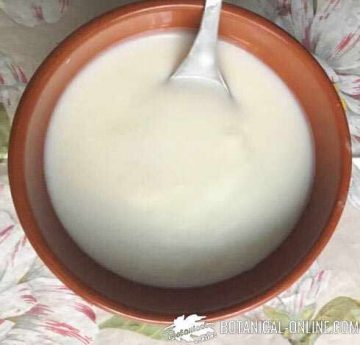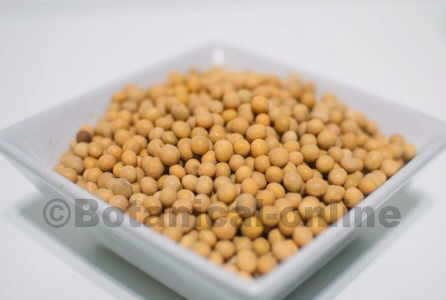Contents
What does kefir provide us?
Nutritional composition of kefir
Main nutrients in kefir

Nutritionally, we can talk about the calories, proteins, and carbohydrates in kefir. Kefir’s nutrient content is higher than that of the milk from which it comes and other dairy products such as yogurt. If we compare kefir with the same amount of whole milk and with whole milk yogurt, they provide practically the same amount of energy in terms of calories. The same is true when comparing their macronutrient content, such as proteins and fats, also in terms of their cholesterol content.
But in the case of yogurt and kefir, unlike milk, the carbohydrate levels vary. Due to the fermentation the product undergoes during production, fermented dairy products like yogurt and kefir contain very little lactose, which is transformed into lactic acid. Therefore, fermented products have a lower sugar content.
Furthermore, the acid-alcohol reaction unique to kefir gives it its own unique characteristics, producing carbon dioxide and a small proportion of alcohol. All of this contributes to enriching the quality of the consumer’s microbiota or intestinal flora.
- Kefir is naturally high in protein (gluten-free) and contain little lactose.
Advantages of kefir over yogurt
The advantage of kefir is that it contains a series of organic acids, polysaccharides, and microorganisms that exert a beneficial effect on the body. Between yogurt and kefir, the latter probably has additional benefits by containing a greater variety of microorganisms.
Vitamins and minerals in kefir
At the micronutrient level, kefir-fermented milk contains vitamin A, vitamin K, B vitamins (including vitamin B12), vitamin D, and vitamin E. It is worth mentioning that these vitamins will only be present if it is made from whole milk, since skimmed or reduced-fat milk loses all of the beneficial fat-soluble vitamins in milk (A, D, E, and K).
Microorganisms are also capable of producing vitamins, which is an important function of our microbiota or intestinal flora. Specifically, the microorganisms in water kefir are capable of producing pyridoxine (vitamin B6), which are very important for cardiovascular health and to increase defenses.
The minerals that stand out are calcium (sheep’s milk has more calcium than cow’s milk), phosphorus (abundant in proteins), potassium, sodium and magnesium, with the amounts provided by milk, yogurt, and kefir being very similar.
It should be noted that, as with all foods, their caloric and nutrient content varies depending on whether other ingredients, typically high in calories, are added to their regular consumption, such as nuts, sugar, or honey to sweeten their flavor.
In some cases, non-caloric sweeteners are also added to reduce the acidic taste. Spices or aromatic herbs can also be added. In both cases, the addition of these condiments does not count as an increase in the calorie content.
What about the alcohol in kefir?
Due to the acid-alcoholic fermentation reactions required to prepare this food, gas is produced, as well as a small amount of liquid with a fairly low alcohol content, usually not exceeding 1%. In any case, an assessment of its use will be required depending on each individual’s situation, in case it could be considered counterproductive for some pathologies.
![]() More information on kefir and its derivatives
More information on kefir and its derivatives








